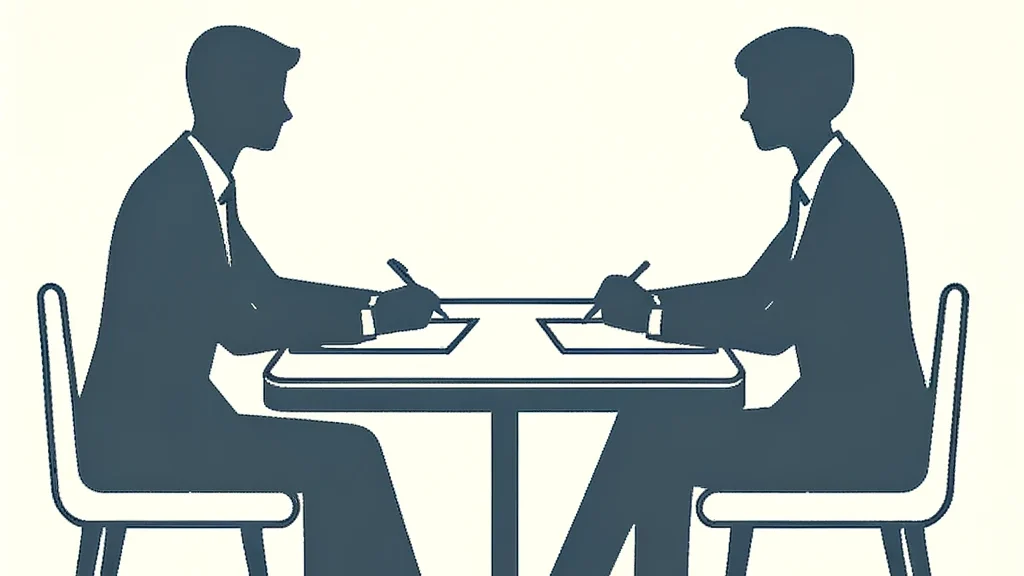The Benefits of Mediation Over Litigation
May 23, 2024Mediation in Different Sectors: Tailoring the Approach
May 30, 2024Mediation is a valuable tool for resolving conflicts amicably and efficiently, without the need for costly and lengthy litigation. At the center of this process is the mediator, a neutral third party who facilitates discussions and negotiations. Understanding the mediator’s role and what to expect during mediation can help parties feel more prepared and confident.
A mediator’s primary role is to act as a neutral facilitator in the conflict resolution process. Unlike judges or arbitrators, mediators do not take sides, make decisions, or impose solutions. Instead, they help the parties communicate effectively, understand each other’s perspectives, and explore potential solutions. This neutrality is crucial for creating a safe environment where parties can openly express their views and work towards a resolution.
Setting the Stage
The mediator begins by setting the stage for a productive session. This involves explaining the mediation process, establishing ground rules, and ensuring all parties understand the confidentiality of the proceedings. By laying out a clear framework, the mediator manages expectations and fosters a respectful atmosphere.
Encouraging Open Communication
Effective communication is the cornerstone of successful mediation. The mediator encourages all parties to share their perspectives and concerns openly. This involves active listening, paraphrasing, and asking clarifying questions to ensure everyone’s viewpoint is understood. By facilitating open dialogue, the mediator helps uncover underlying issues and interests.

Maintaining Neutrality
A mediator’s neutrality is essential for building trust. The mediator does not favor any party or advocate for any particular outcome. Instead, they remain impartial, focusing on the process rather than the content of the dispute. This impartiality allows the mediator to manage power imbalances and ensure all parties have an equal opportunity to participate.
Identifying Common Ground
One of the mediator’s key tasks is to identify areas of common ground. By highlighting shared interests and mutual goals, the mediator helps parties see beyond their differences and consider solutions that benefit everyone involved. This shift from adversarial positions to collaborative problem-solving is a critical aspect of mediation.
Facilitating Negotiation
The mediator facilitates negotiation by guiding the parties through structured discussions. This may involve breaking down complex issues into manageable parts, exploring various options, and helping parties evaluate the pros and cons of different solutions. The mediator may also suggest creative approaches to resolve the dispute, ensuring any decision is made voluntarily by the parties.

Managing Emotions
Conflicts often involve strong emotions, which can impede constructive dialogue. The mediator helps manage these emotions by acknowledging feelings, providing a safe space for expression, and using techniques to de-escalate tension. By addressing the emotional aspects of the conflict, the mediator enables parties to focus on finding practical solutions.
What to Expect During Mediation
Understanding what to expect during mediation can make the process less daunting. Here’s a typical outline:
- Initial Meeting: The process usually starts with an initial meeting where the mediator explains the process, sets ground rules, and answers any questions. This meeting helps establish trust and clarity.
- Opening Statements: Each party presents their perspective without interruption. This ensures that everyone’s voice is heard and sets the stage for deeper discussion.
- Joint Sessions and Caucuses: The mediator may conduct joint sessions where all parties are present, as well as private sessions (caucuses) where the mediator meets with each party separately. These sessions allow for candid discussion and help the mediator understand each party’s underlying interests.
- Exploring Solutions: The mediator guides the parties through brainstorming and evaluating potential solutions. This phase is about generating options and finding common ground.
- Reaching Agreement: If an agreement is reached, the mediator helps draft a written settlement outlining the terms. This agreement is reviewed and signed by all parties, making it a binding contract.
- Conclusion: If no agreement is reached, the mediator may help the parties understand their next steps, whether that involves further negotiation, seeking other forms of dispute resolution, or proceeding to litigation.
What Rules Govern Mediators?
Mediators are governed by several rules, with the principal rule being neutrality. Mediators must remain neutral and impartial to all parties. Confidential information shared with the mediator will not be disclosed to other parties unless explicitly authorized. This confidentiality encourages open and honest communication. Additionally, mediators must ensure there are no conflicts of interest. If a conflict arises, the mediator must address it immediately to maintain impartiality.
Wrapping Up
The role of a mediator is to facilitate a fair and effective resolution process without taking sides. By promoting open communication, maintaining neutrality, identifying common ground, and managing emotions, mediators help parties navigate their conflicts and reach mutually satisfactory agreements. At Webber Mediation Services, we are dedicated to providing expert mediation that empowers parties to resolve their disputes collaboratively and constructively.
For more information or to schedule a consultation, visit our website at www.webbermediation.com or contact us directly. Let us help you find the path to resolution with confidence and ease.
